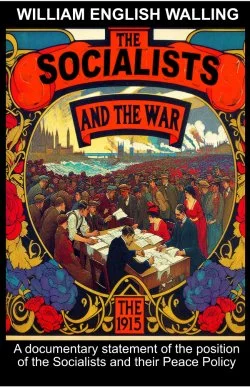By H. G. Wells. Introduction by Colin Heston
In the wake of the Great War, H.G. Wells’s What Is Coming? A European Forecast emerges not merely as a speculative treatise but as a profound intellectual reckoning with the forces that have shaped—and will continue to shape—the modern world. Written in 1916, at a time when the outcome of the war remained uncertain and its consequences unfathomable, Wells offers a sweeping analysis of the social, political, and economic transformations that the conflict has set in motion. His introduction to the future is not a prophecy in the mystical sense, but a reasoned extrapolation grounded in scientific thinking, historical precedent, and a deep understanding of human nature. Wells does not seek to predict events with precision; rather, he aims to illuminate the trajectories of thought, governance, and collective behavior that will define the post-war era.
In What Is Coming?, Wells does not offer comfort or certainty. He offers clarity, urgency, and a challenge. The future, he insists, will not be shaped by treaties or conferences alone, but by the moral and intellectual evolution of individuals and societies. The war has torn away the veils of tradition and exposed the raw materials of a new world. Whether that world will be built with wisdom or squandered in renewed conflict depends on the choices made in its aftermath. Wells invites his readers to think boldly, act generously, and prepare not just for peace, but for the responsibilities that peace entails.
Read-Me.Org Inc. New York-Philadelphia-Australia. 2025. 177p.




